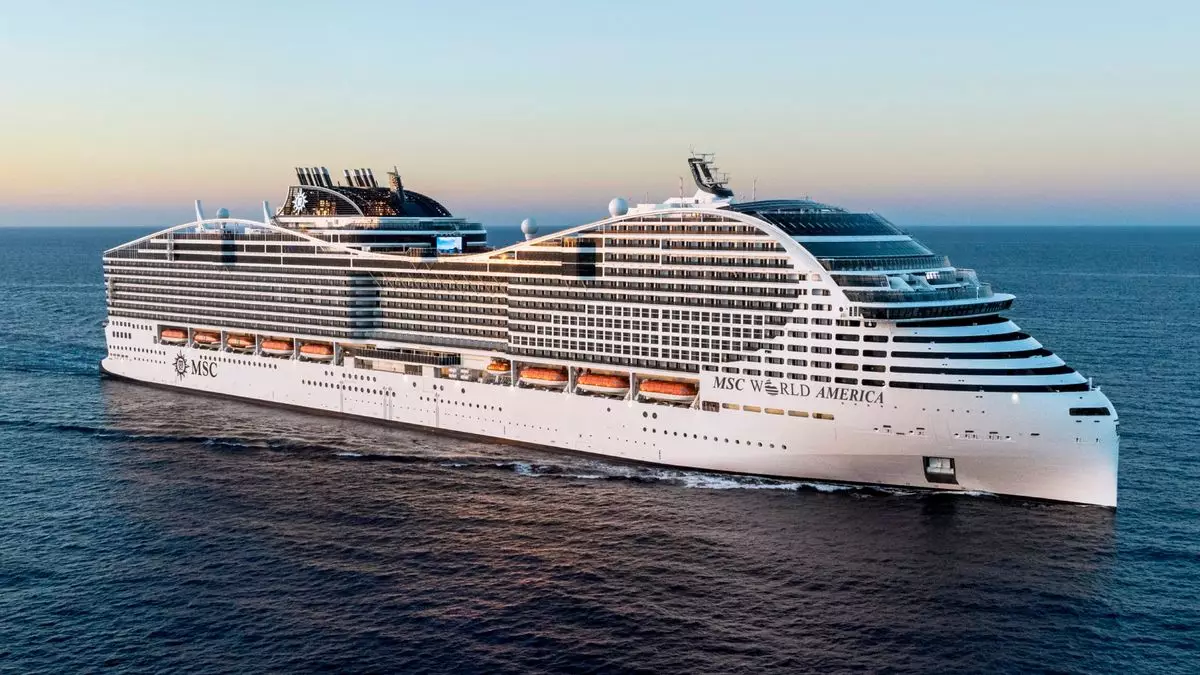The cruise industry, ever dynamic and influenced by myriad factors, is poised for significant transitions as it moves toward 2025. With the tumult of pandemic-induced shutdowns behind us and signs of a resurgent demand, stakeholders are closely assessing how the landscape will evolve. This article delves into anticipated trends, challenges, and innovations that will shape the cruise sector in the coming years.
The cruise industry has experienced a rollercoaster of highs and lows, particularly highlighted by the recent pandemic shutdowns followed by a spike in travel interest. According to industry experts, including Clayton Reid, the former CEO of MMGY Global, a more stable environment is expected in 2025. Despite strong forward bookings and limited capacities that may help stabilize pricing, a trend of increased financial caution among U.S. consumers could significantly influence overall demand. As many people resort to high-priced trips to fulfill bucket-list aspirations, individual financial health—characterized by rising debt and dwindling savings—will play a vital role in their travel decisions.
Luxury cruise options may remain insulated from the impacts of tightening budgets, whereas larger cruise lines with more massive ships are likely to feel the pinch. Balancing luxury and affordability will therefore become a crucial focus, prompting cruise operators to innovate and provide exceptional value to maintain interest in their offerings.
To sustain momentum and engage potential travelers, cruise lines are adopting creative strategies to enhance the onboard experience. The incorporation of land-like attractions on ships is a notable initiative, exemplified by Royal Caribbean’s introduction of a six-slide waterpark on the Icon of the Seas, set to fully operate in 2025. This blending of traditional cruising experiences with unique entertainment options is an effort to pique guest interest and promote onboard spending.
Additionally, marketing strategies powered by artificial intelligence will facilitate stronger engagements with consumers before they even board a vessel. By harnessing the power of data, cruise lines aim to capture wider audiences and adapt to evolving consumer preferences, ensuring that the experience is tailored to individual desires.
The year 2025 is set to witness an influx of new vessels, with over half a dozen large ships entering the market, including the much-anticipated MSC World America. These new ships are expected to offer cutting-edge amenities and unparalleled experiences that will appeal to a broad range of consumers. However, as cruise lines launch new vessels, substantial investment is also being directed towards exclusive private destinations that promise unique, curated experiences.
Cruise lines like Carnival and Royal Caribbean are strategically opening private beach locations to enhance customer satisfaction. These new developments aim to provide excusive experiences while alleviating some of the pressures associated with overtourism at popular ports. Moreover, with ongoing enhancements at existing private destinations such as MSC’s Ocean Cay and Disney’s Lookout Cay, lines aim to create a compelling reason for travel.
Moreover, as operational challenges arise in traditional ports like Juneau, Alaska, which grapples with cruise volume limits, cruise lines are proactively engaging in co-development projects to address local concerns while maintaining demand.
Sustainability remains a critical conversation within the cruise industry. With an increasing awareness of overtourism’s impact, several operators are expected to implement strategies designed to reduce their environmental footprint. This includes possible limits on the number of cruisers allowed at specific ports per day, the introduction of head taxes, and the transition to cleaner fuels. However, large-scale adoption of alternative fuels is still on the horizon, and 2025 may be a transitional year for innovation in this area.
Geopolitical factors will also continue to shape cruise itineraries, especially as certain regions see restrictions or limited accessibility due to ongoing conflicts. Should diplomatic resolutions unfold, as predicted, popular destinations like St. Petersburg might regain prominence in cruise offerings, adding to the evolving landscape.
As the cruise industry sails into 2025, it faces the dual challenge of maintaining its appeal amidst changing consumer behaviors while addressing environmental and geopolitical hurdles. By focusing on innovation in attractions, responding to consumer financial concerns, and investing in sustainable practices, cruise lines are navigating a complex and promising future. The continued evolution of this industry will depend not only on how operators adapt but also on their commitment to offering enriching and sustainable vacation experiences that meet the needs of travelers across all demographics.

